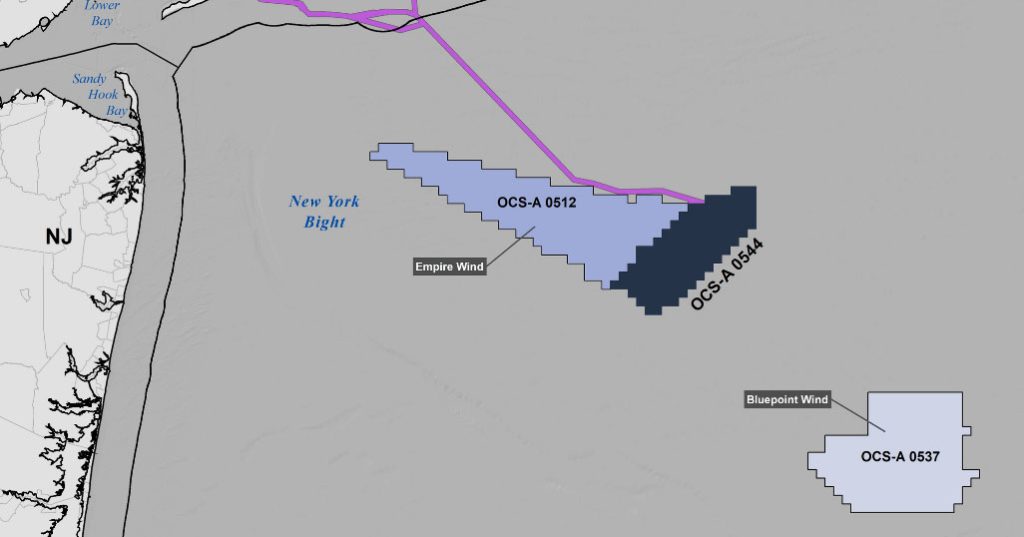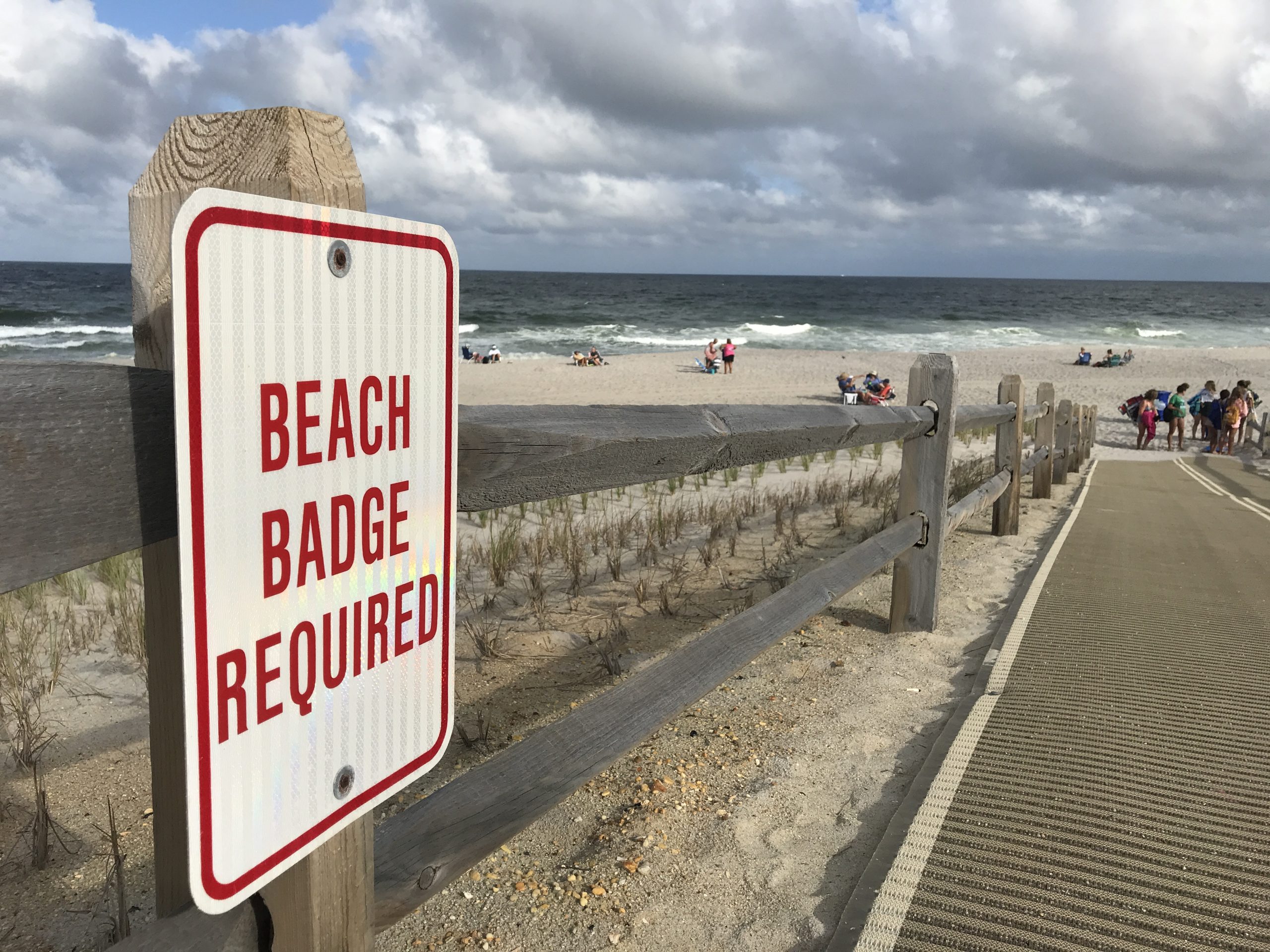A series of meetings required prior to the development of an offshore wind project had still been planned counter to President Donald Trump’s executive order pausing all such projects pending study. U.S. Rep. Chris Smith said the federal Bureau of Ocean Energy Management announced cancellation of the meetings Tuesday after he wrote a letter questioning why they were still moving forward despite the order.
The meetings would have covered the Vineyard Mid-Atlantic, one of six lease areas within the New York Bite, which has been proposed for a swath of ocean roughly in between Long Island, N.Y. and coastal New Jersey. Unlike some other turbine projects, it was unlikely Vineyard Mid-Atlantic’s industrial equipment would have been visible from shore, though concerns were raised over the project’s effects on marine species, fishing grounds and the risk of malfunction. Another offshore wind project in the region suffered a blow this week after Shell Oil pulled funding, while a major facet of offshore wind development – a fourth round of wind turbine construction solicitations – were canceled by the New Jersey Board of Public Utilities.
Smith, on Jan. 29, penned a letter to the Bureau of Ocean Energy Management (BOEM) asking why the Bureau was proceeding with public hearings despite Trump’s Jan. 20 executive order pausing the offshore wind approval process.
BOEM announced on Jan. 15, just days before Trump was sworn into office, that the agency would begin preparing an Environmental Impact Statement (EIS), a key piece of the federal offshore wind approval process, and would hold several public meetings for the Vineyard Mid-Atlantic project. BOEM never indicated any intention to cancel the meeting or stop efforts on the EIS despite Trump’s order which references the need to examine shortcomings in the approval process, including, “potential inadequacies in various environmental reviews.”
The meetings were scheduled for Feb. 6, 11 and 19, 2025.
“Given President Trump’s actions, I wish to confirm that the Bureau of Ocean Energy Management (BOEM) does not intend to continue with the already questionable approval process for proposed offshore wind projects until or if the pause is released,” Smith wrote.
BOEM, an executive branch agency now under the auspices of the Trump administration, canceled the meetings in response.
“We are grateful to President Trump for his insightful executive order and his decisive action today ensuring that BOEM complies with it, canceling its dubious public hearings aimed at propping up the Vineyard Mid-Atlantic offshore wind project,” said Smith. “Under the new Trump Administration, bureaucrats at BOEM and their allies in the massive foreign energy companies will no longer be able to ride roughshod over the concerns of local New Jersey communities, jeopardize national security, and destroy the critical environmental and cultural resources that compromise our beloved Jersey Shore.”
In recent months, Smith has led the charge to further study offshore wind projects over national security concerns, including the potential for interference in NORAD early warning tracking and potential effects on air traffic at Joint Base McGuire-Dix-Lakehurst.
He introduced legislation — passed by the House of Representatives in July 2023 but stalled in the then-Democrat controlled Senate —that would would require presidential certification that offshore wind projects would not “weaken, degrade, interfere with, or nullify the capability of radar relied upon by the Federal Aviation Administration or the Armed Forces.”

Advertisement

Police, Fire & Courts
Cops: Juvenile Arrested After 118mph Joy Ride in Seaside Heights, Toms River Kills 2

Seaside Heights & Seaside Park
Seaside Heights OKs ‘Pedacycle’ Tours for 2025 in Revived Experiment

Police, Fire & Courts
Cops: Juvenile Arrested After 118mph Joy Ride in Seaside Heights, Toms River Kills 2

Police, Fire & Courts
Ocean County Sheriff Establishes Drone Command Center in Seaside Heights Amid New Video







